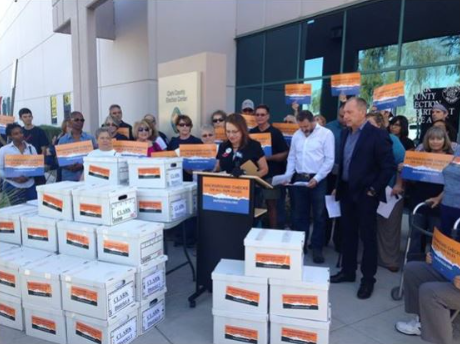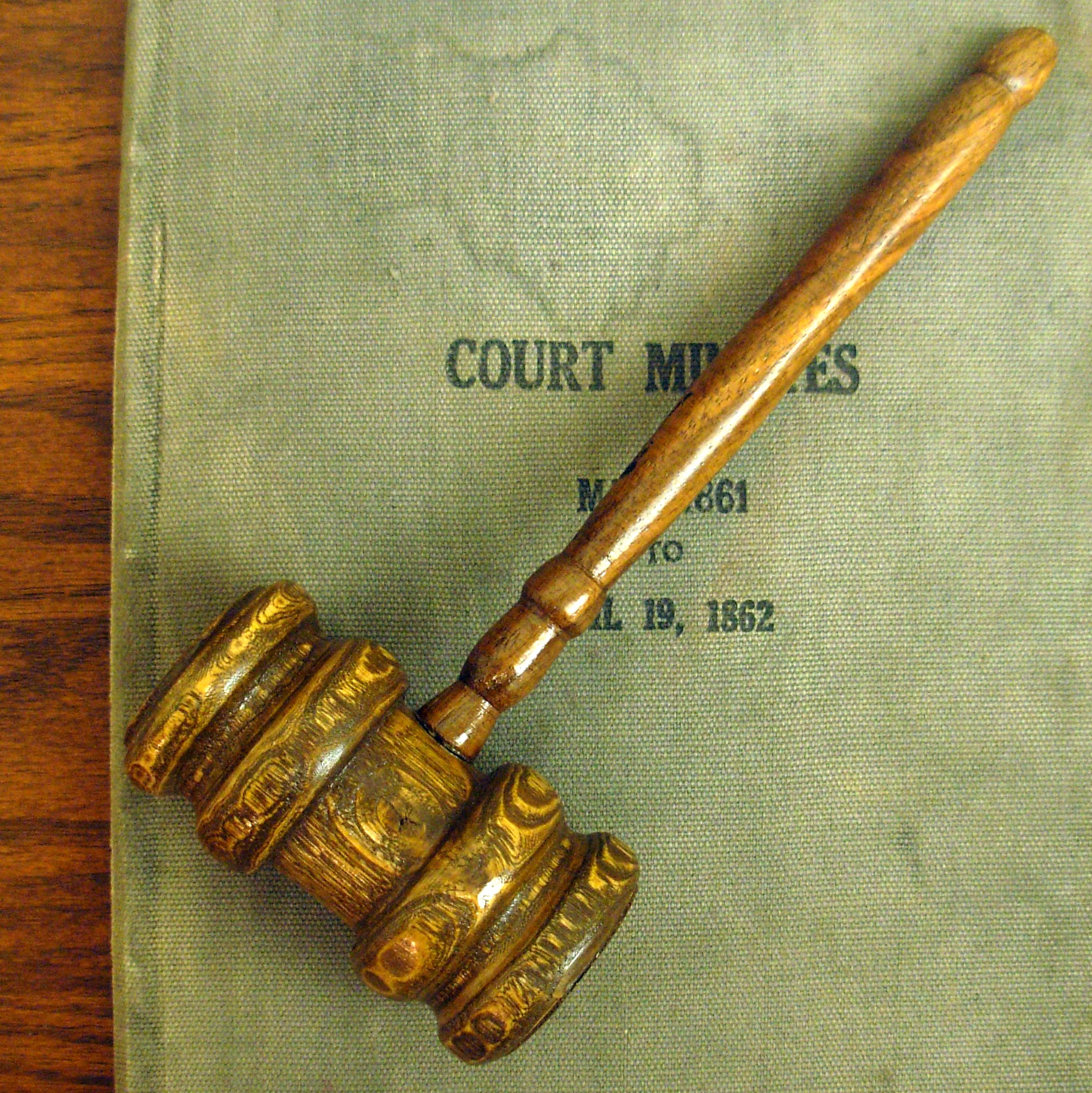One reason it’s getting difficult to write about gun law lately is that the body of law is getting difficult for a part-time layperson to keep up with. That’s certainly the situation with this latest case going before the Florida Supreme Court. The media almost never gets the issues right in these cases, so I went and looked up the Appeals Court decision:
On December 29, 2011, the Bretherick family was on vacation in Central Florida, driving toward Downtown Disney, on a heavily travelled, six-lane divided road in Osceola County. Ronald Bretherick, the father, was driving in the middle lane westbound when, in his rearview mirror, he saw a blue truck rapidly approaching them. The truck almost side-swiped them as it passed in the right lane. As the truck passed the Brethericks, the driver, Derek Dunning, “stared at them in a threatening manner,†but made no statements or gestures.
Dunning’s truck cut in front of the Bretherick vehicle in the middle lane, slammed on the brakes, and came to a complete stop. There was no traffic or other impediment that required this action. Ronald Bretherick also stopped his vehicle, one to two car lengths behind Dunning’s truck. Dunning got out of his truck and walked toward the Bretherick vehicle. He was unarmed. Without exiting, Ronald Bretherick held up a holstered handgun, and Dunning returned to his truck without uttering a word.
After Dunning got back into his truck, the Defendant, Ronald’s adult son, got out of the rear passenger’s seat. He approached the driver’s side of Dunning’s truck within a few feet of the driver, while pointing the handgun at Dunning. The Defendant told Dunning to move his truck or he would be shot. Dunning misunderstood, and believed that the Defendant told him that if he moved, he would be shot. This slight but critical misunderstanding explains everyone’s subsequent actions.
The Defendant returned to his own vehicle and took up various positions, continuing to point the gun at Dunning. The Brethericks, Dunning, and several passersby all called 911. The Defendant’s mother and sister exited their vehicle and took refuge in a ditch on the north side of the road. The Defendant told his family that Dunning said he had a gun, but no one saw Dunning with a weapon, and the trial court found this not to be credible. At some point, Dunning’s truck rolled back twelve to eighteen inches toward the Brethericks’ vehicle. The police arrived and diffused the volatile encounter.
It’s difficult for me to see in this situation where the reasonable fear of grave bodily injury or harm was in order for Bretherick to be entitled to a self-defense claim. Again, this has nothing to do with a duty to retreat, the reasonable fear just wasn’t there by the facts presented. But the appeal that is proceeding to the Florida Supreme Court is based on the following question:
ONCE THE DEFENSE SATISFIES THE INITIAL BURDEN OF RAISING THE ISSUE, DOES THE STATE HAVE THE BURDEN OF DISPROVING A DEFENDANT’S ENTITLEMENT TO SELF–DEFENSE IMMUNITY AT A PRETRIAL HEARING AS IT DOES AT TRIAL?
NRA’s Amicus can be found here. I agree with NRA that the burden of proof should be on the state, but it’s difficult for me to see how in this case the state could not meet its burden even if that were the case. The Florida Supreme Court decision in Dennis v. State already started to outline the situation where pre-trial immunity can be claimed, by adopting this rule from a lower court:
Likewise, we hold that a defendant may raise the question of statutory immunity pretrial and, when such a claim is raised, the trial court must determine whether the defendant has shown by a preponderance of the evidence that the immunity attaches.
NRA challenges the assertion that the burden is on the defendant to prove they are entitled to immunity, rather than the state proving they are not entitled to it. NRA argues the lower court’s decision was based on a Colorado law that is dissimilar to Florida’s, and goes on to argue that the state should have to disprove immunity beyond a reasonable doubt.
It’s difficult for me to understand how that doesn’t turn the immunity hearing into a trial in and of itself, with all the expense that would ordinarily accompany a trial. The advantage would be a chance to have a trial that at worst only results in another trial. It’s a bit of double jeopardy for the state.
 Joe Huffman shows how the Washington Department of Fish and Wildlife is interpreting I-594:
Joe Huffman shows how the Washington Department of Fish and Wildlife is interpreting I-594:





